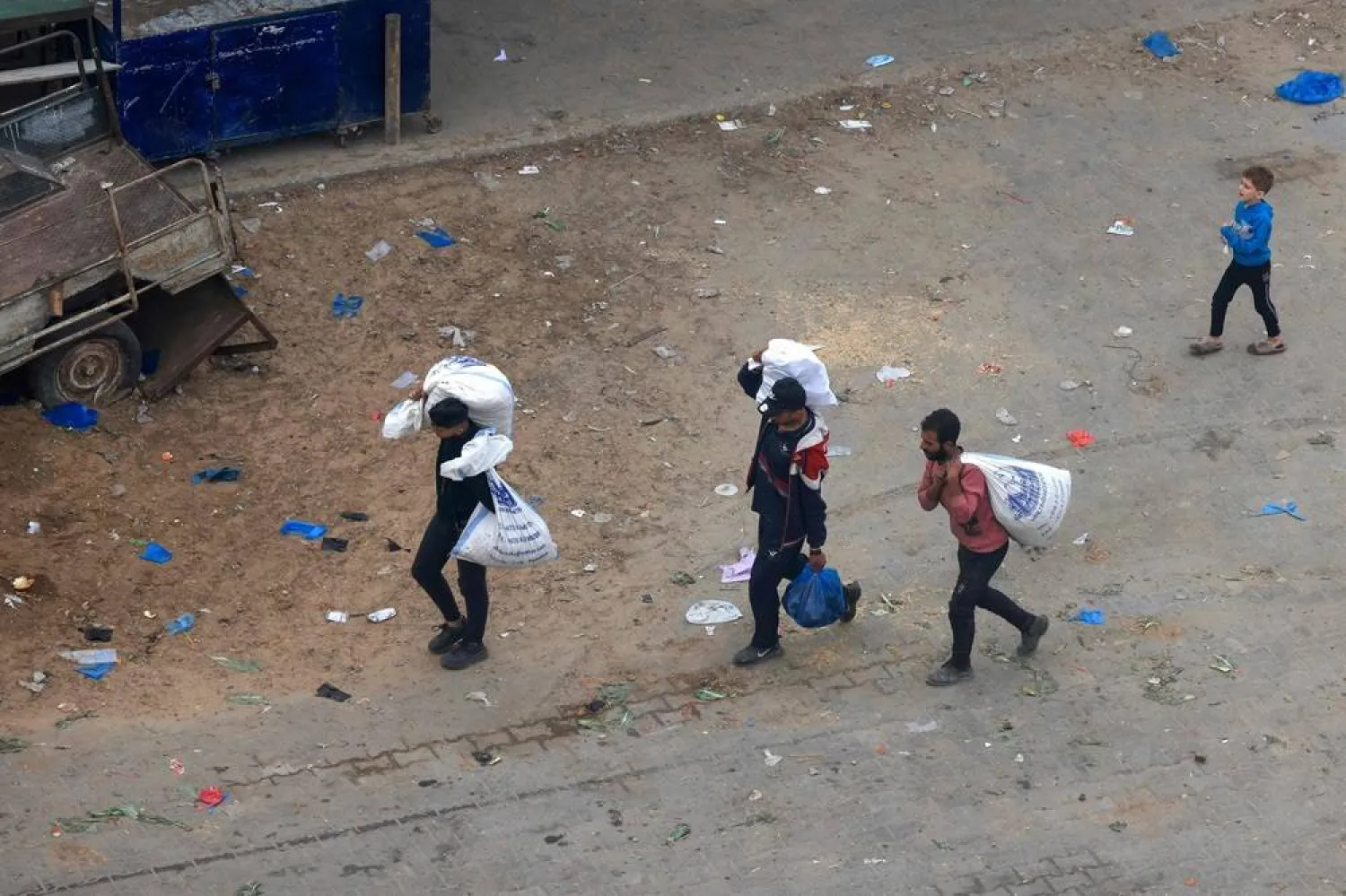The World Health Organization chief said on Sunday it will be all but impossible to improve the "catastrophic" health situation in Gaza even as the board passed an emergency WHO motion by consensus to secure more medical access.
The emergency action, proposed by Afghanistan, Qatar, Yemen and Morocco, seeks passage into Gaza for medical personnel and supplies, requires the WHO to document violence against healthcare workers and patients and to secure funding to rebuild hospitals.
"I must be frank with you: these tasks are almost impossible in the current circumstances," WHO Director General Tedros Adhanom Ghebreyesus said.
Tedros told the 34-member board in Geneva that medical needs in Gaza had surged and the risk of disease had grown, yet the health system had been reduced to a third of its pre-conflict capacity.
Gaza hospitals have come under bombardment and some have been besieged or raided as part of Israel's response to Hamas' deadly Oct. 7 attacks. Those that remain open are overwhelmed by the numbers of dead and wounded arriving and sometimes procedures are carried out without anesthetics.
A WHO database shows there have been 449 attacks on healthcare facilities in Palestinian territories since Oct. 7, without assigning blame.
Tedros said that it would be hard to meet the board's requests given the security situation on the ground and said he deeply regretted that the United Nations Security Council could not agree on a ceasefire following a US veto.
"Resupplying health facilities has become extremely difficult and is deeply compromised by the security situation on the ground and inadequate resupply from outside Gaza," he said.
Palestinian Health Minister Mai al-Kaila deplored the critical shortages of medicines. "The urgency of the situation cannot be overstated," she told the WHO meeting by video link.
WHO board member the United States signaled in the meeting that it would not oppose the text of the motion which was adopted without a vote later on Sunday.
The motion was criticized by Israel, which has said it puts disproportionate focus on Israel and does not address what it describes as Hamas' use of civilians as human shields, by placing command centers and weapons inside hospitals.
"If this session serves any purpose at all, it will only encourage Hamas' actions," Israeli ambassador Meirav Eilon Shahar told the meeting. Israel is not a WHO board member.
WHO emergency sessions are rare and have occurred during health crises including during the COVID-19 pandemic in 2020 and during West Africa's Ebola epidemic in 2015. Qatar, which has mediated in the Israel-Hamas conflict, chaired the session.









